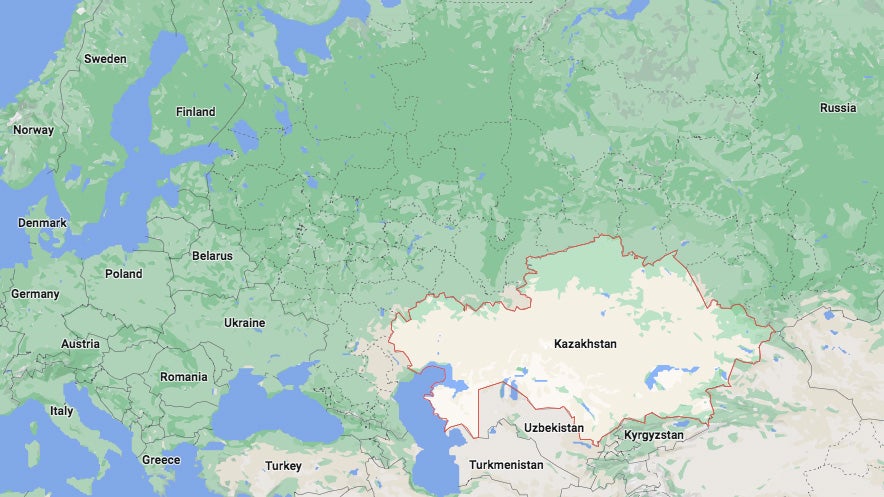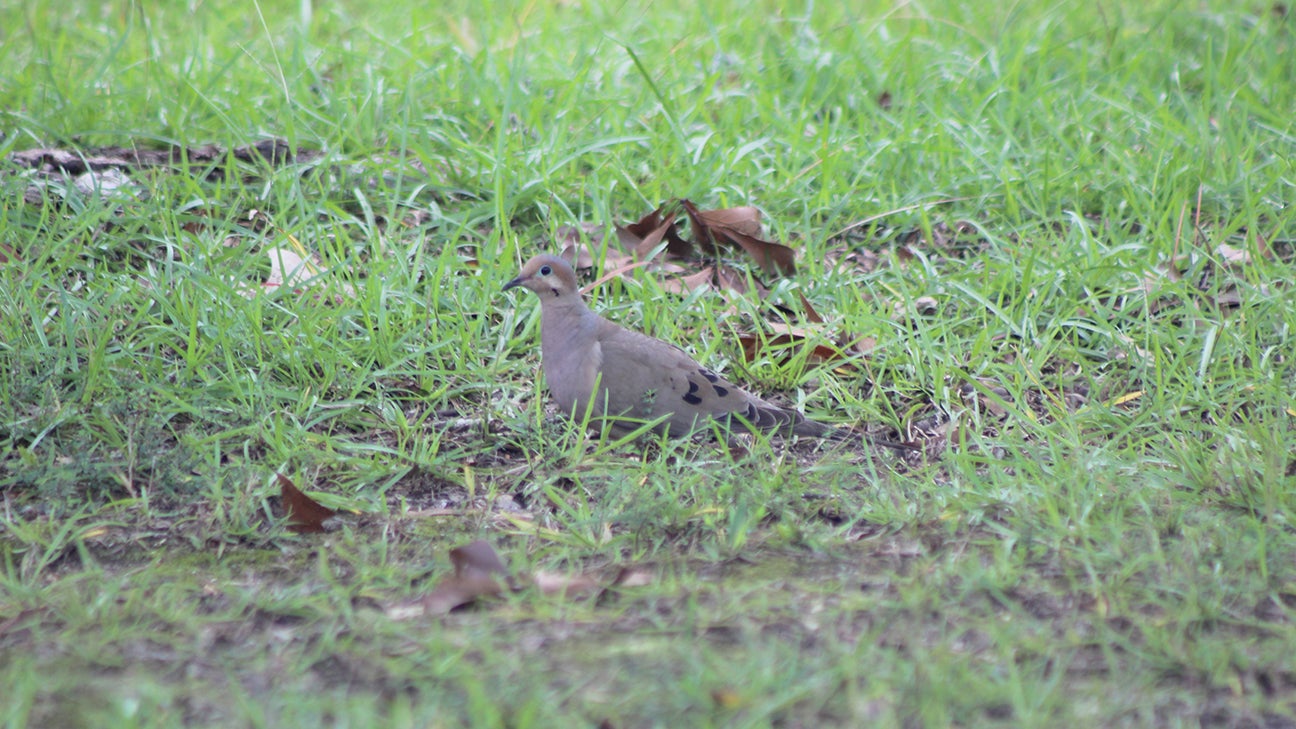‘We don’t really understand what that’s like in the United States’: Professor explains why Ukraine-Russia conflict matters
Published 11:17 am Friday, February 25, 2022
A Wesson history professor says no one knows for sure what will happen down the road with Russia and Ukraine, but, “Everything in world affairs matters to us in the big picture.”
Copiah-Lincoln Community College history and world civilizations instructor Kyle Britt believes Russian president Vladimir Putin — a former KGB agent and essentially a dictator under the title of president — wants to bring back the power of Russia as it was in his youth in the 1970s, to rival the only major super power that currently exists, the United States.
“A lot of Russians believe Ukraine is part of Russia, because it was one of the founding members of the U.S.S.R.,” Britt said. “When Ukraine broke away, as a former soviet state, there are still a considerable number of people there who consider themselves Russian (and) a large percentage of pro-Russian people.”
Russia launched an attack on Ukraine Wednesday night and within 48 hours Russian troops were bearing down on the capital city of Kyiv. Hundreds of casualties have been reported — including destruction of apartment buildings, bridges and schools.
The Kremlin accepted Kyiv’s offer to hold peace talks, but then said prospects look uncertain due to apparent differences over a venue. Britt said Putin is the type of world leader who does not take “No” for an answer, and Ukrainian president Volodymyr O. Zelenskyy has told him “No” enough times that Putin is unwilling to compromise.
Putin has claimed that the western refusal to heed Russia’s demand to keep Ukraine out of NATO prompted him to order an invasion of the neighboring country. Britt said the decision was also likely based, at least in part, on the financial benefits of Ukraine’s ports, nuclear power plants and weapons inherited at the end of the Cold War.
“The biggest thing for the U.S. will be with NATO,” Britt said. “If they invade Poland, which is the nearest NATO member, other NATO countries would become involved.”
“This is uncharted territory for people under the age of 50,” he said. “We don’t know what will happen. Putin may want to move on and take on other Baltic states. He has supporters in Belarus, Lithuania, and so on.”
The United States and other global powers have placed ever-tougher sanctions on Russia as the invasion reverberated through the world’s economy and energy supplies, threatening to further impact ordinary households.
“Russia is a big producer of oil. Most people think first of the Middle East, but Russia produces the majority of oil, especially for Europeans,” Britt said, so concerns over possible supply issues are legitimate.
Millions could flee Ukraine, according to the United Nations; sports leagues are moving to sanction Russia; and U.S. Pres. Joe Biden and other NATO leaders held an urgent meeting to discuss how far they can challenge Putin without engaging Russian forces in direct war.
“In 1939, when Hitler invaded Poland, no one knew it would become what it did,” Britt said. “The big worry would be if China aligned with Russia. It is a fear for Western society in general — China and Russia together would be a solid power.”
China may follow Russia’s lead by moving to reclaim Taiwan, which they feel is rightfully theirs, having separated from China in the 1940s. The Chinese and Russian people are limited in what they see and hear in the media, so if their governments tell them Ukraine or Taiwan are rightfully theirs, citizens believe it, Britt said.
“Fighting-age men are not being allowed to leave Ukraine, only women and children,” the professor said. “They are preparing for the worst.”
“We don’t really understand what that’s like in the United States,” he said. “We’ve been involved in conflicts, but not anything where we’re directly defending our land, not since the War of 1812.”
The Associated Press contributed to this article.






